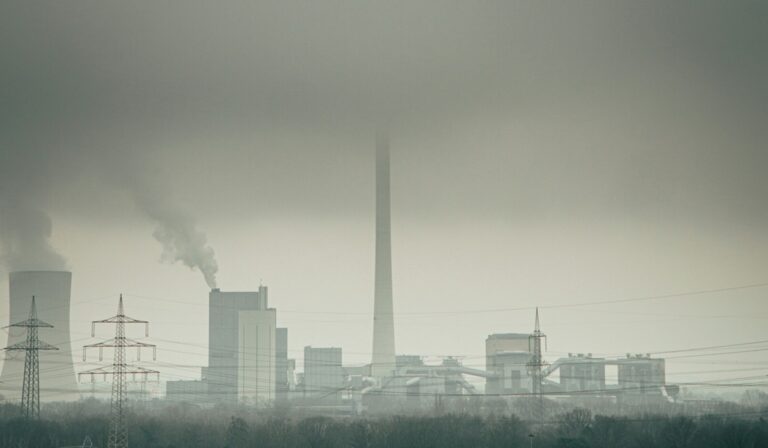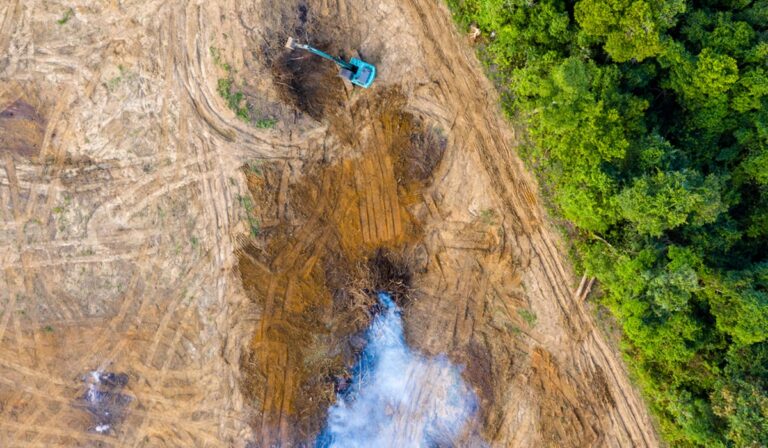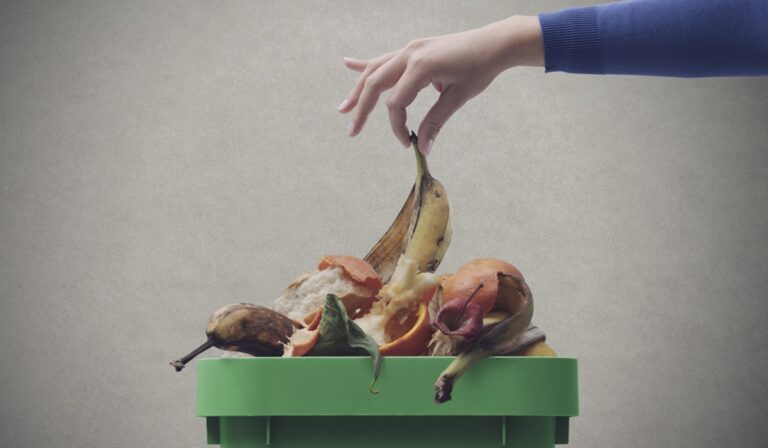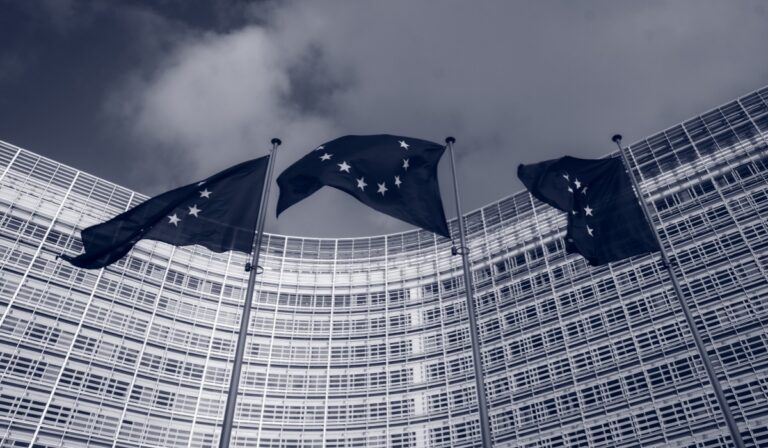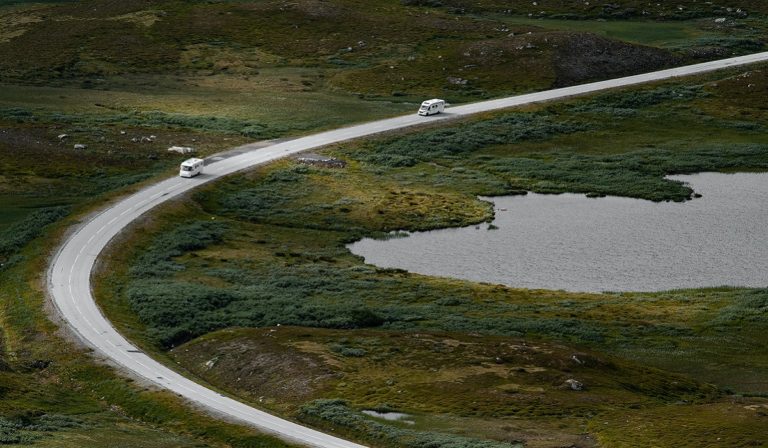Scientists in the U.K. developing world’s first vaccine to prevent ovarian cancer
Researchers at the University of Oxford are working on the world’s first ovarian cancer vaccine, aiming to prevent the disease that kills nearly 26,000 women in the European Union every year. The vaccine, called OvarianVax, would train the immune system to recognize and fight back against the earliest stages of ovarian cancer, one of the most common forms of cancer among women which often isn’t detected until a later stage when it’s harder to treat. Cancer Research U.K. will fund the OvarianVax research with up to £600,000 for the effort.
Scientists in the U.K. developing world’s first vaccine to prevent ovarian cancer Read more



